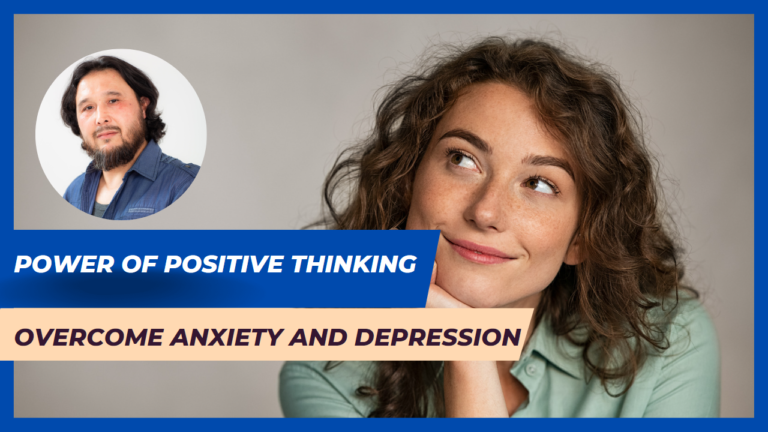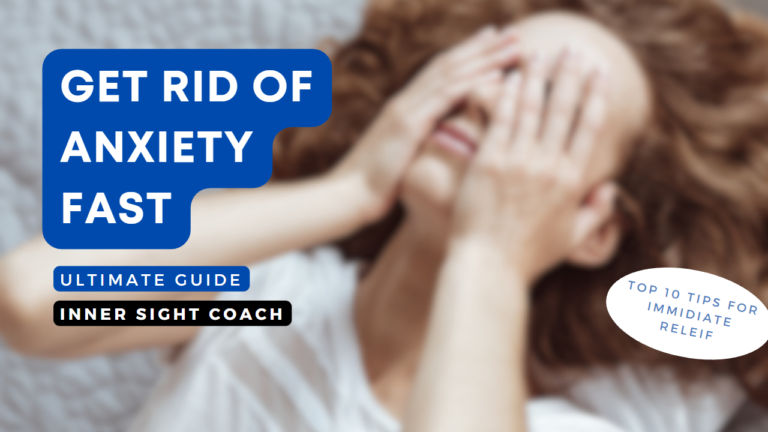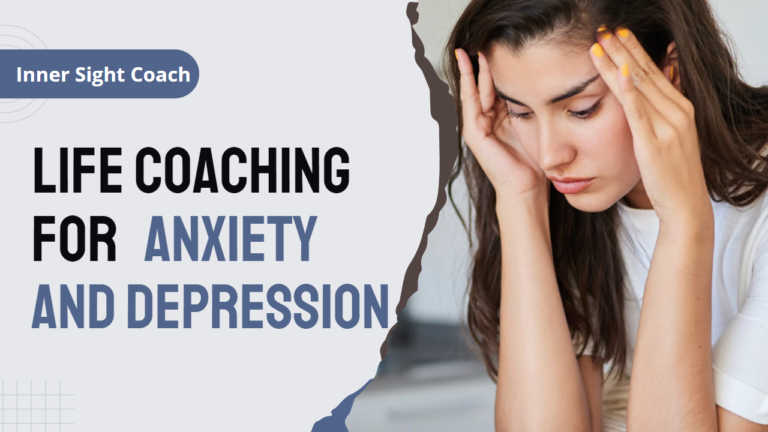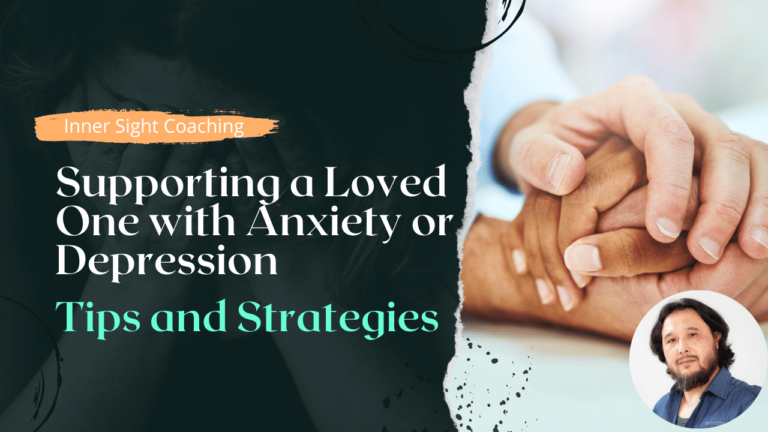Mental Health Depression: 10 Surprising Signs You May Have It
Depression is a mental health disorder that affects millions of people around the world. While some symptoms of depression, such as feelings of sadness and hopelessness, are well-known, others may not be as obvious. In this article, we will discuss 10 surprising signs that you may have depression.
Understanding Depression
Depression is a common mental health condition that affects how you feel, think, and behave. It can lead to a variety of emotional and physical problems and can significantly impact your daily life. Depression is not a sign of weakness, and it’s essential to recognize that it’s a treatable condition.
The Physical Symptoms of Depression
Depression doesn’t just affect your emotions. It can also cause physical symptoms such as fatigue, headaches, and digestive issues. These symptoms can often be misinterpreted as other health problems, making depression difficult to diagnose.
| Effect | Precaution |
| Persistent sadness and hopelessness | Seek help from a mental health professional, practice self-care, and consider therapy or medication as necessary. |
| Loss of interest in activities | Try new activities or hobbies, surround yourself with supportive friends and family, and seek professional help if needed. |
| Difficulty sleeping or sleeping too much | Establish a regular sleep schedule, create a relaxing bedtime routine, and talk to a doctor about medication or therapy options. |
| Changes in appetite or weight | Eat a healthy, balanced diet and try to maintain a regular meal schedule. Consult a doctor or nutritionist if necessary. |
| Fatigue and lack of energy | Practice self-care, prioritize rest and relaxation, and consider therapy or medication as needed. |
| Difficulty concentrating or making decisions | Seek professional help, practice mindfulness or meditation, and make a to-do list or schedule to help with organization. |
| Feelings of worthlessness or guilt | Challenge negative self-talk, practice self-compassion, and consider therapy or medication as needed. |
| Thoughts of suicide or self-harm | Seek immediate professional help, call a suicide hotline, or go to the nearest emergency room. |
| Relationship problems | Communicate openly and honestly with loved ones, seek professional help as needed, and practice healthy boundaries. |
| Workplace problems | Talk to your supervisor or human resources representative, seek professional help if needed, and consider taking time off work if necessary. |
The Cognitive Symptoms of Depression
Depression can also affect your ability to think, concentrate, and make decisions. You may find yourself struggling to focus on tasks or have trouble remembering things. You may also experience negative thoughts, such as guilt or worthlessness.
The Emotional Symptoms of Depression
The emotional symptoms of depression are often the most well-known. You may experience feelings of sadness, hopelessness, or despair. You may also feel irritable, anxious, or angry. Depression can cause a range of intense emotions, and these feelings may seem overwhelming and difficult to control.
The Behavioral Symptoms of Depression
Depression can significantly impact your behavior, leading to changes in your habits and routines. You may find that you’re no longer interested in activities that you used to enjoy or that you’re neglecting responsibilities. You may also withdraw from social situations and have difficulty connecting with others.
10 Surprising Signs You May Have Depression
While some symptoms of depression are well-known, others may be surprising. Here are ten signs that you may have depression that you may not have realized:
Changes in Appetite
Depression can cause changes in your appetite, leading to significant weight loss or weight gain. You may find yourself eating more or less than usual, or you may lose interest in food altogether.
Poor Hygiene
Depression can also affect your hygiene habits. You may neglect basic self-care tasks such as showering, brushing your teeth, or washing your hair.
Increased Physical Pain
Depression can also cause physical pain, including headaches, back pain, and muscle aches. You may find that you’re more sensitive to pain than usual, and these symptoms may persist even with treatment.
Difficulty Concentrating
Depression can make it challenging to focus on tasks and concentrate. You may find yourself easily distracted, forgetful, or struggling to complete simple tasks.
Disrupted Sleep Patterns
Depression can significantly impact your sleep patterns, leading to insomnia or oversleeping. You may find that you have trouble falling asleep or staying asleep, or you may sleep excessively.
Decreased Sex Drive
Depression can also affect your libido and cause a decrease in your sex drive. You may find that you’re no longer interested in sexual activities, and this can have a significant impact on your relationship with your partner.
Neglecting Responsibilities
Depression can cause you to neglect your responsibilities, such as paying bills, attending appointments, or completing work tasks. You may find yourself procrastinating or avoiding these responsibilities altogether, which can lead to additional stress and anxiety.
Increased Irritability
Depression can also make you more irritable and prone to angry outbursts. You may find yourself easily frustrated by small things, and this can cause tension in your relationships with others.
Social Withdrawal
Depression can cause you to withdraw from social situations and avoid interacting with others. You may feel like you don’t have the energy or motivation to socialize, and this can lead to feelings of loneliness and isolation.
Reckless Behavior
Depression can also cause you to engage in reckless or impulsive behavior, such as substance abuse or risky sexual activities. This behavior can be dangerous and have serious consequences for your health and well-being.
Causes of Depression
Depression is a complex mental health condition that can be influenced by a variety of factors. While genetics can play a role in the development of depression, it is important to recognize that other contributing factors such as life events, trauma, and stressors can also have a significant impact on a person’s mental health.
Life events such as the loss of a loved one, divorce, job loss, or financial difficulties can trigger depressive episodes. Trauma, such as physical or emotional abuse, can also contribute to the development of depression. Additionally, chronic stressors such as ongoing conflicts, work-related stress, or difficult relationships can increase a person’s vulnerability to depression.
It is important to note that while these factors can increase the risk of developing depression, not everyone who experiences them will develop the condition. Similarly, genetics can predispose a person to depression, but it is not a guarantee that they will experience it.
Recognizing and addressing these contributing factors can be an important part of treating depression. Therapy, medication, and lifestyle changes such as exercise and stress reduction techniques can all be effective in managing depression. Additionally, seeking support from friends, family, and mental health professionals can provide much-needed help and guidance.
Treatments for Depression
Fortunately, depression is a treatable condition, and there are many effective treatments available. Some common treatments for depression include therapy, medication, and lifestyle changes such as exercise and a healthy diet.
Coping with Depression
In addition to seeking treatment, there are many things you can do to cope with depression. These include practicing self-care, building a support system, and finding ways to manage stress and anxiety. It’s essential to be patient and kind with yourself as you work to manage your symptoms and find effective treatments.
Conclusion
In addition to the above-mentioned effects of depression, there are many other potential symptoms that can impact mental health. For example, some people may experience physical symptoms such as headaches or digestive issues, while others may struggle with anxiety or panic attacks. It’s important to be aware of the many possible symptoms of depression and seek help if you’re experiencing any of them.
It’s also important to note that depression can affect different people in different ways. While some people may experience severe symptoms, others may only have mild or moderate symptoms that still significantly impact their quality of life. It’s essential to be honest with yourself and seek help if you’re struggling, regardless of the severity of your symptoms.
Treatment For Depression
When seeking help for depression, there are many different treatment options available. Some people may benefit from therapy and life coaching, which can help them address the underlying causes of their depression and develop coping strategies. Others may benefit from medication, which can help regulate brain chemistry and alleviate symptoms.
In addition to therapy and medication, there are many other things you can do to manage symptoms of depression and promote good mental health. For example, practicing good sleep hygiene, eating a healthy diet, and exercising regularly can all help improve mood and reduce symptoms of depression. It’s also important to surround yourself with supportive friends and family, and to engage in activities that you enjoy and find fulfilling.
Overall, depression can have a significant impact on mental health, but with the right support and treatment, it is possible to manage symptoms and lead a fulfilling life. If you’re struggling with depression, don’t hesitate to seek help from a mental health professional or other trusted source.
Contact Us
Finding the right life coach for you
Finding the right life coach for you is important. Look for a coach who specializes in anxiety and depression, has a proven track record of success, and whose coaching style aligns with your needs and preferences.
Let Us Help You
At Inner Sight, we provide life coaching services to help individuals achieve their goals, improve their mental health, and overcome challenges such as anxiety and depression. Our experienced coaches have helped many clients find success and we would love to help you too.
Contact Information
Phone: 1300 944 994
Email: contact@innersightcoach.com
Address: PO Box 34, Chester Hill, NSW 2162
Schedule a Free Consultation
If you’re interested in learning more about our services or would like to schedule a free consultation, please fill out the contact form. We will get back to you as soon as possible to discuss how we can help you achieve your goals and improve your quality of life.
Let’s Connect
Thank you for considering Inner Sight Coaching for your life coaching needs. We look forward to helping you achieve your goals and improve your quality of life.
FAQ’s
Depression can be effectively managed and treated with the right approach, but it’s not always “cured” in the traditional sense. Many people with depression find that they can successfully manage their symptoms and lead fulfilling lives with the help of therapy, medication, and lifestyle changes.
It can be difficult to distinguish between normal feelings of sadness and depression. Some common signs of depression include persistent feelings of sadness, loss of interest in activities you used to enjoy, changes in appetite or sleep patterns, and feelings of worthlessness or hopelessness. If you’re unsure whether you’re experiencing depression, it’s a good idea to talk to a mental health professional for an evaluation.
The length of time it takes to recover from depression can vary widely depending on the individual and the severity of their symptoms. Some people may experience significant improvements with treatment within a few weeks or months, while others may require more long-term treatment and support.
Yes, depression can be caused by medical conditions such as chronic pain, thyroid disorders, or hormonal imbalances. It’s essential to rule out any underlying medical conditions that may be contributing to your symptoms before starting treatment for depression.
If you’re experiencing symptoms of depression, it’s important to seek help from a mental health professional. They can provide an accurate diagnosis and help you develop a treatment plan that’s tailored to your needs. You can also talk to your primary care doctor or a trusted friend or family member for support and guidance.







